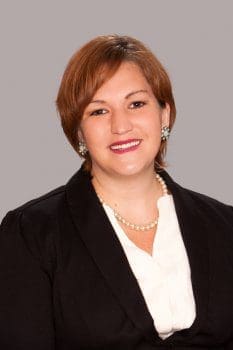Embrace Living with Rebecca Priest: Caregivers need care, too

Rebecca Priest
Helplessness is the pain we feel when we are not able to give and can only receive care. Burn-out is the pain we feel when we are giving care, but are unable to receive it.
I know you see yourselves as givers of care, but are you receiving as much back as you need?
Asking for help becomes a socialized “no-no” for many people early on. Unfortunately, this contributes to a sense of disconnectedness and isolation that makes life far more difficult than it was intended to be. Asking for help is hard for many elders who live in our home, which is why I want to thank you all, especially the CNAs and nursing team members, who are masters at ensuring elders know that it’s OK to ask for help.
Moreover, those who are most artful in their craft at long-term care service eliminate the need for people to ask for help by getting their first. Long-term care staff is exemplary at this. Perhaps, we should add “clairvoyant” to the job description of neighborhood employees.
Are we caring with each other or “at” each other? Our goal is to find a real partnership with the elders and with your team—where you can give and receive care.
This week, I’d like to celebrate a couple of employees who not only show clairvoyance and anticipate needs, but also show how by ensuring others are connected to helping opportunities, the real pain of helplessness can be eliminated.
Grant Avery on the Sunflower neighborhood asks for help from elders often. I see him do this in a most honest way. “Sally, will you help me pass these linens out? You are so helpful to me. Thank you.” He also asks for help when he doesn’t understand something. If he hears something doesn’t sit right with him, he seeks help in understanding instead of creating a story in his head.
Katrina Rudolph, nurse manager on the Apple Blossom neighborhood asked for help this past week by requesting resources to recognize others on her team more tangibly. She did this in a concise manner that made it easy for us to respond. I also experienced firsthand how Katrina eliminates the need for people to ask for help by paying attention to body language and responding when she sees someone in pain or distress.
Thank you, both, for showing how to give assistance as well as ask for it.
As you go through your day anticipating and responding to requests for help, can you also give people the opportunity to care for you? Can you thank them for showing you how to receive help without feelings of inadequacy and how to help beyond traditional contexts? Can you appreciate how the elders and team members you spend your day with nourish your soul? All you who care also deserve to receive care. Your team, elders, neighborhood leadership, and family members want to help. Let them.
Rebecca Priest,
Administrator of Skilled Nursing
